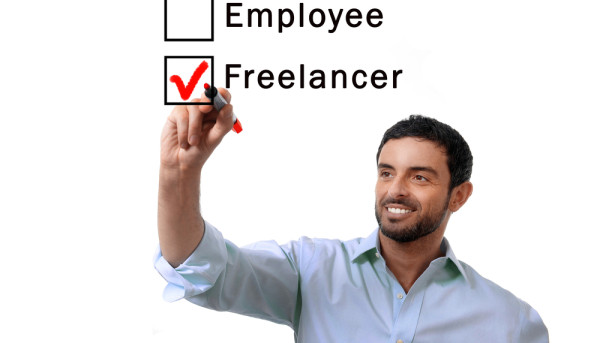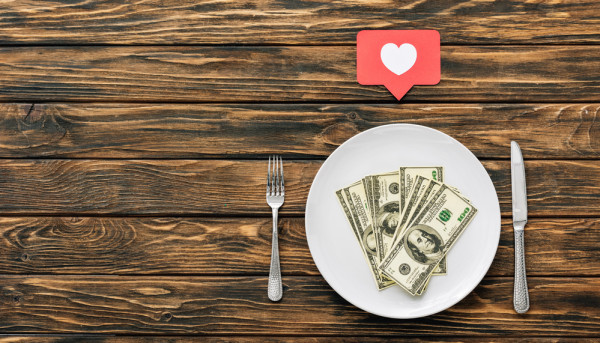Buying a Home With Cash - Cash Purchase Vs Mortgage Finance Purchase

Buying a home with cash
Buying a home with cash is a little different than financing a home. This can vary depending on the buyer's financial situation and goals. In general, paying cash for a home can save you thousands of dollars in the long run. However, there are also disadvantages to buying a home this way. Before you begin, it's important to understand what you're getting into.
The biggest advantage to buying a home with cash is that you aren't dealing with any mortgage-related fees or interest. You don't have to pay a mortgage or loan origination fee, as well as any title insurance or homeowners association fees. This can save you money on both the front end and the back end. You also have the freedom to negotiate your offer more effectively. However, if the seller is unwilling to negotiate a lower price for you, it's likely that you're not in the best position.
Another advantage to buying a home with cash is the speed of the process. You can complete the purchase in just a few days, rather than a month or more. You also don't have to deal with mortgage paperwork, such as a loan application, down payment, or mortgage documents. You can also avoid long-term costs such as mortgage interest, private mortgage insurance, and closing costs.
It's also possible to get a better deal with cash. Sellers often agree to discount the price if you pay cash. This can make the difference between winning a bidding war and losing it. However, you should keep in mind that buying a home with cash can be a bit risky. You could end up in a bind if you have to pay for repairs or emergencies. It's also possible that you won't qualify for a mortgage if you don't have a good credit score. However, the benefits of buying a home with cash may outweigh the risks.
A cash offer is also a good idea if you're competing with other buyers. Cash offers are also often seen as more likely to close. However, you should still make a good offer. If you aren't able to compete on price, you could end up sacrificing other benefits. For example, you may lose out on a mortgage if you don't get an appraisal or other verification of the home's value.
It's also possible to get a better deal on a cash offer, but you'll need to make sure you're able to get through the process. You'll also need to have enough cash to cover your homeownership costs, such as property taxes, insurance, and utilities. If you don't have any other investments, you might be limited in the amount of liquidity you have. However, if you can get a good offer, you'll be able to enjoy a significant advantage over other buyers.
While a cash offer may be the obvious choice for some buyers, others may be reluctant to take the gamble. If you're not sure whether or not you're a good candidate for an all-cash offer, it's a good idea to consult a financial advisor. They can help you determine which offer is best for your specific financial situation.
Buying a home with a mortgage
Buying a home with a mortgage involves several steps. The first step is determining how much you can afford to spend on your home. This includes money for the down payment, closing costs, and other expenses. It is also important to determine what your monthly expenses will be, including taxes, homeowners insurance, and other ongoing maintenance. This will help you to shop for a mortgage that fits your budget.
Once you have an idea of how much you can afford to spend, you will need to meet with a mortgage banker. The banker will go over your financial information and give you an estimate of how much you can borrow. In many cases, the loan amount will be based on the borrower's credit score and financial history. Getting a good credit score helps you qualify for the best loan rates. If your credit score is too low, you may not qualify for a mortgage at all.
You will need to make a down payment, and you will need to find a mortgage lender who will help you to buy the home you want. You should look at a variety of lenders, and compare loan estimates. The more you shop around, the better your chances of finding a mortgage with a low interest rate. The mortgage loan process is easy if you have a good credit history, a regular income, and enough assets to support your new mortgage.
When you buy a home with a mortgage, you will need to make monthly payments to the lender. These payments should include property taxes and homeowners association fees. You should also be prepared for unexpected repairs or maintenance. Be sure to set a realistic budget, and make sure you have enough money to pay for the down payment, closing costs, and any other expenses after you buy the home.
There are two types of mortgages: conventional loans and government-backed loans. Government-backed loans include FHA loans and VA loans. Conventional loans do not require a down payment, but you must be approved by a lender before you can purchase a home. A down payment usually ranges from 3% to 20% of the loan amount. Some loans require a buyer to pay private mortgage insurance. The down payment amount will depend on your credit and the lender you choose.
Before you buy a home, make a list of the important features of the home you are interested in. If you notice problems with the home or the price, you can ask the seller to make the repairs or adjust the price. If the seller does not agree, you can ask for a seller credit. If the seller agrees, you can make an offer.
After you have determined how much you can afford to spend on your home, you will need to meet with a mortgage banker. The mortgage banker will go over your financial information and give you an estimate of how much you can borrow. You will also need to have your home appraised. The appraisal will let everyone involved in the purchase know that the home is an acceptable price.










